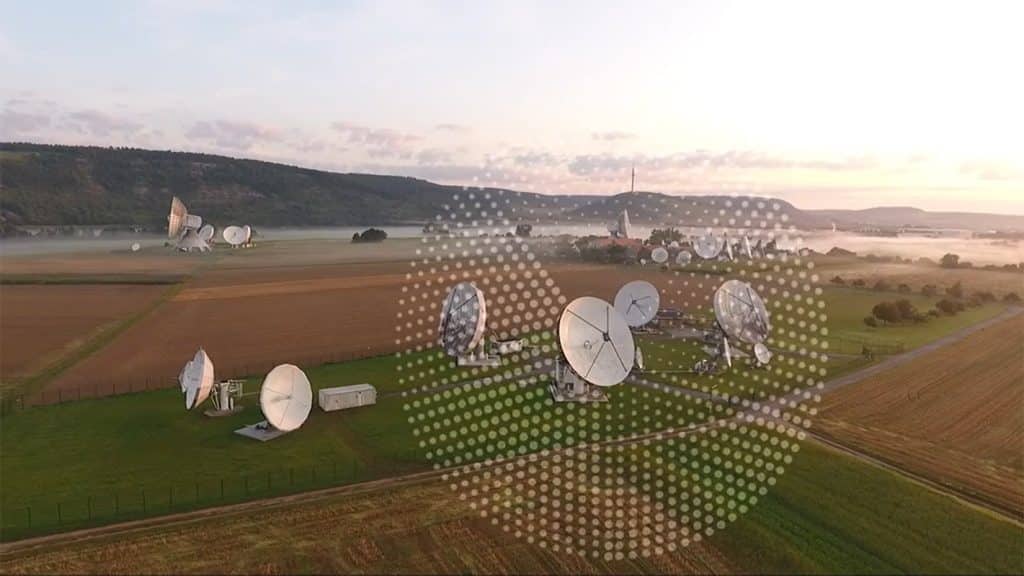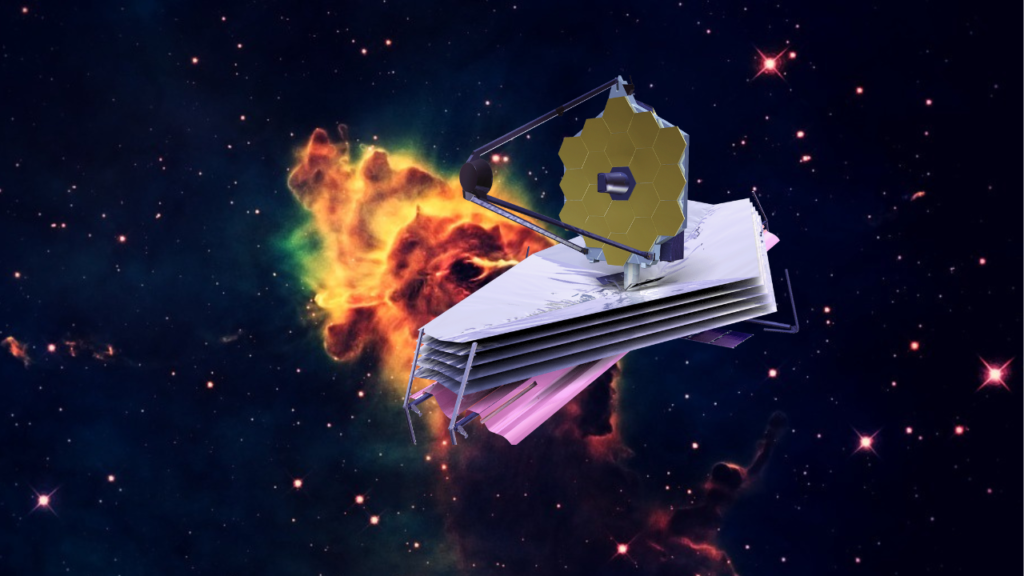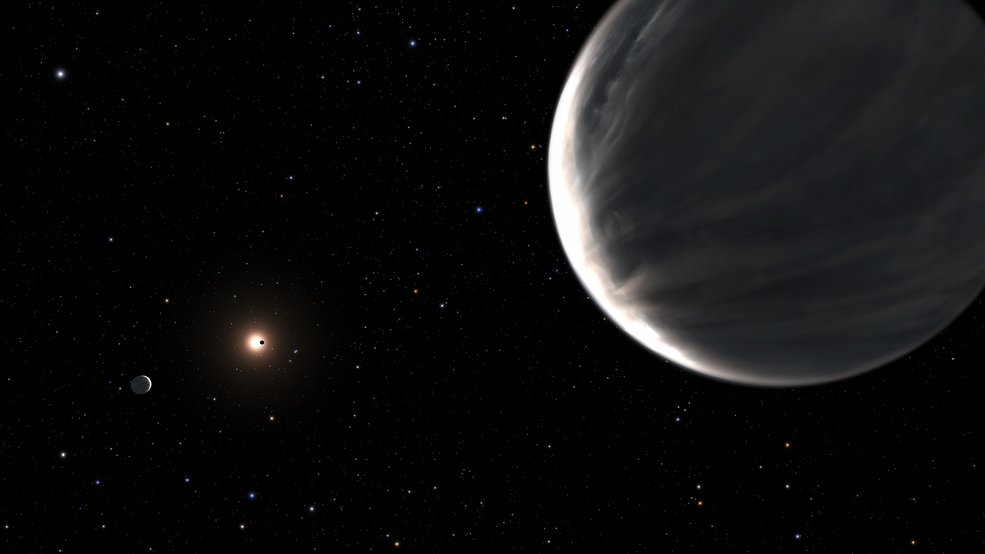Intelsat, in collaboration with MaxIQ Space, will again deliver STEM (science, technology, engineering and mathematics) programming courses to African students. Every year, MaxIQ Space carefully selects 30 students from numerous applications, offering them the opportunity to receive an Intelsat MaxIQ kit delivered to their homes. These selected participants engage in live virtual workshops conducted by subject matter experts in the field.
Last year’s cohort successfully designed and developed a habitat for Mars and showcased their coding skills using the Space STEM kit to monitor and ensure their created habitat’s habitability. “The Intelsat Space STEM programme opened my eyes to the potential within Africa’s youth to participate in the development of future space technologies,” said Mahlubi Radebe, a MaxIQ student from South Africa. “I am excited to become part of the next generation of scientists and engineers that will bring Africa to the forefront of global space exploration.”
As part of its sustainability curriculum, MaxIQ integrates the United Nations and United Nations International Children’s Emergency Fund (UNICEF) Sustainable Development Goals (SDGs) into the programme’s challenges, harmonising Space STEM education with global sustainability efforts. The programme is designed to enable African students to realise future career goals.
Furthermore, a new Alumni Support Programme has also been launched, providing the 37 MaxIQ participants the chance to participate in real-time space data collection actively. This initiative aims to sustain their involvement in space science endeavours over time. Moreover, Space STEM participants selected for the ongoing academic year will also qualify for the Alumni Support Programme in the future.
The 30 Intelsat-sponsored scholarships for the Space STEM programme will be provided to the candidates who successfully meet the following criteria:
- Are between the ages of 14 and 18;
- Live in the African continent;
- Demonstrate a passion for and knowledge of science, technology, engineering, and mathematics (STEM);
- Have a clear interest in all things “Space”;
- Have access to the internet through a smart device with browser capability and
- Are proficient in the English Language.
How to Apply
To apply, applicants must complete an online form and space-related quiz and submit a short explanation of why they should be selected for this unique programme. The deadline to apply is December 31, 2023.
Credit: Space in Africa



